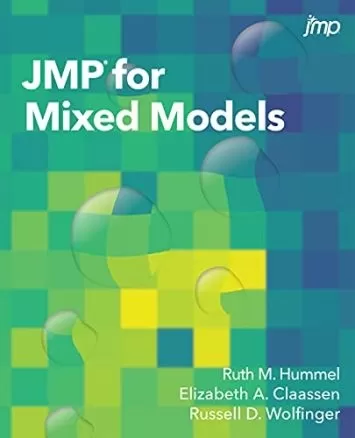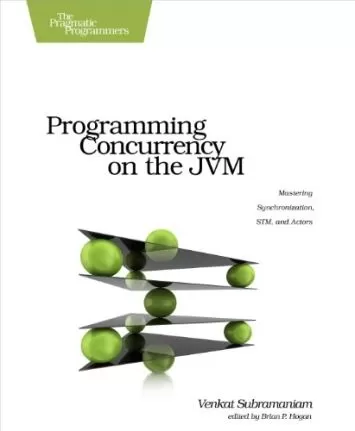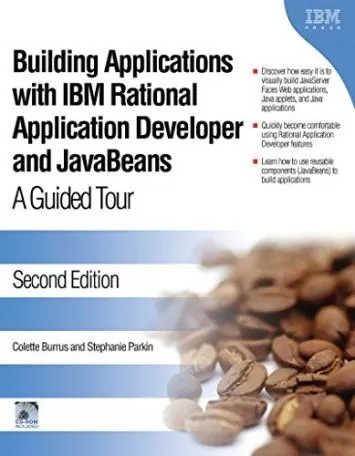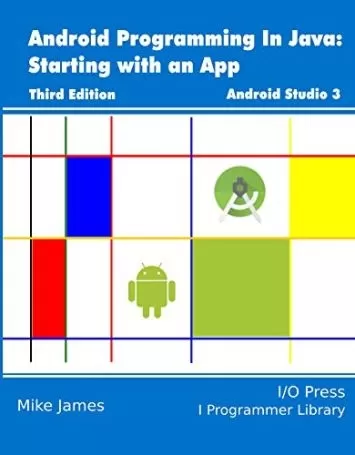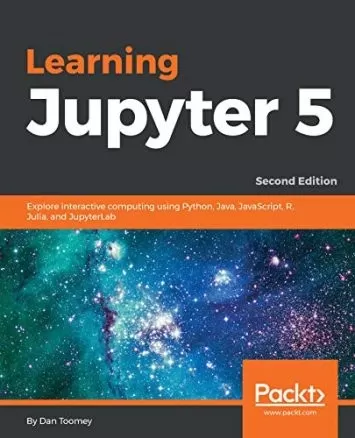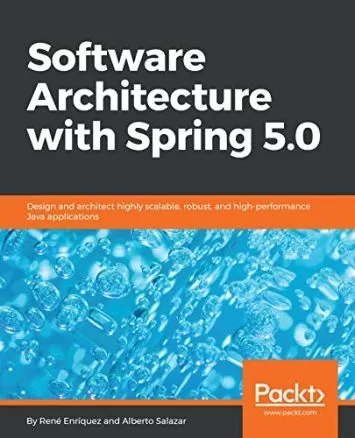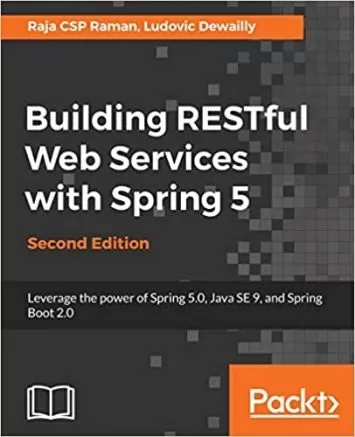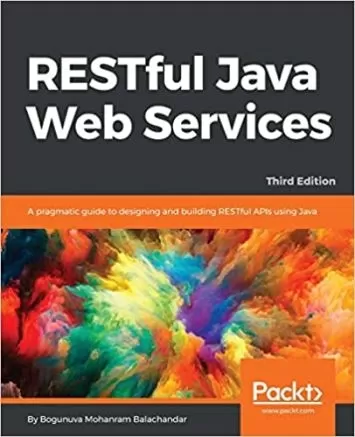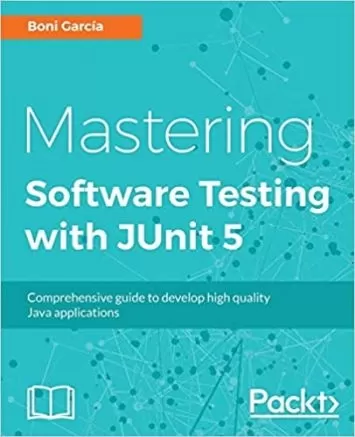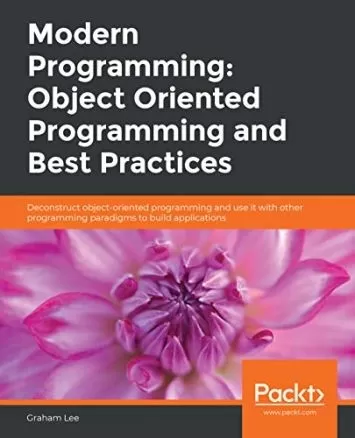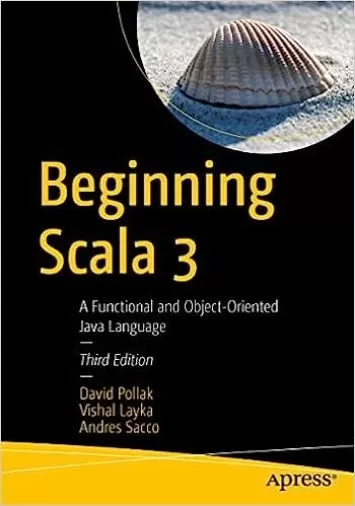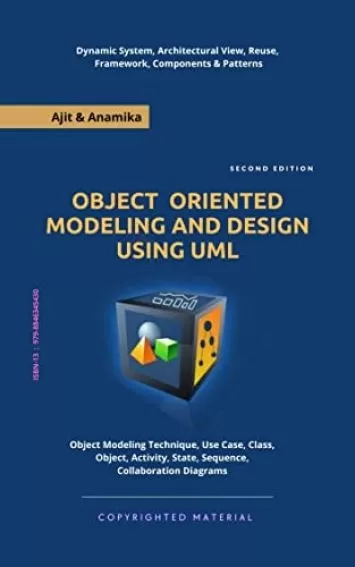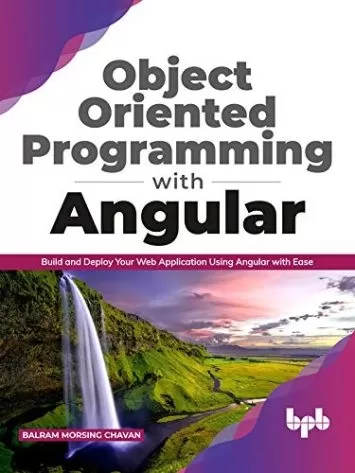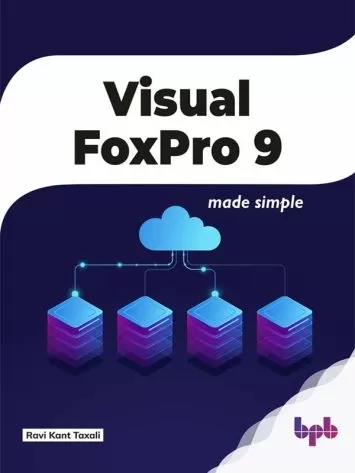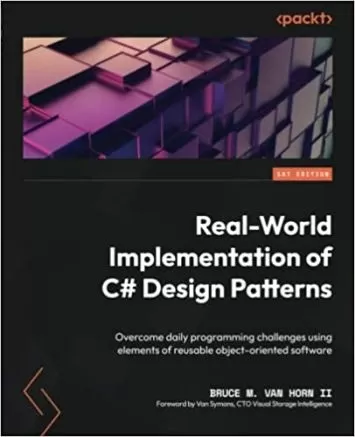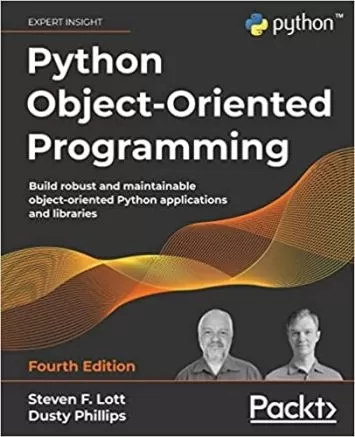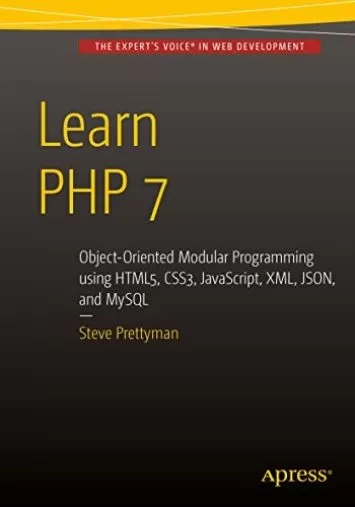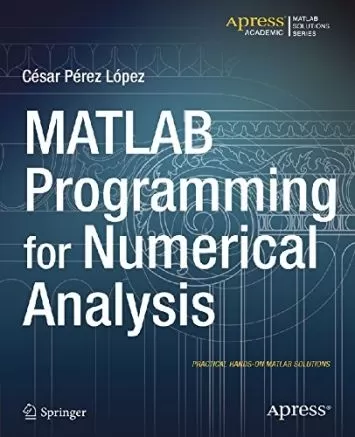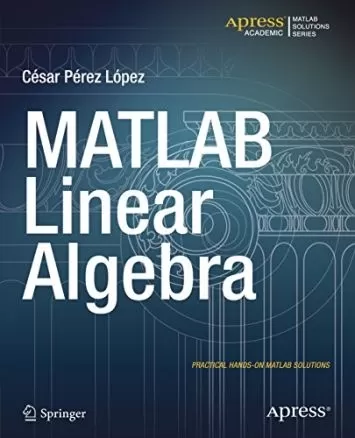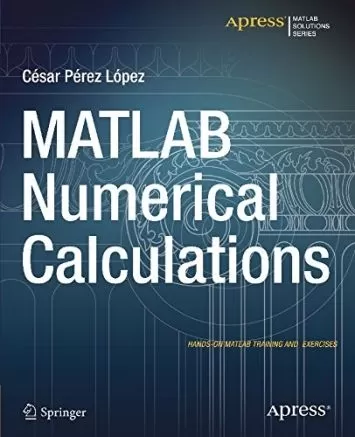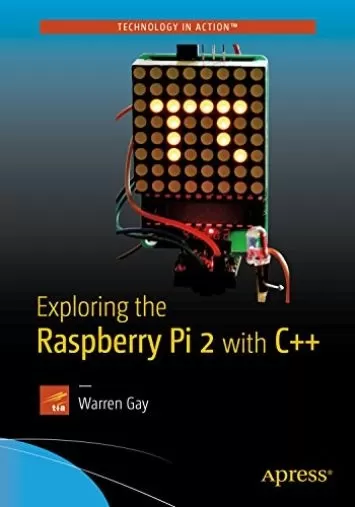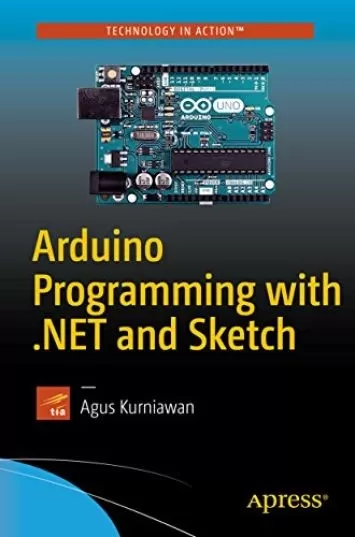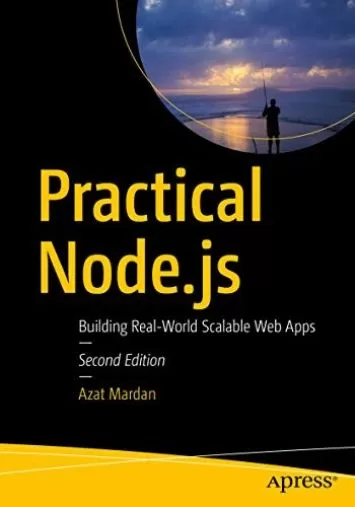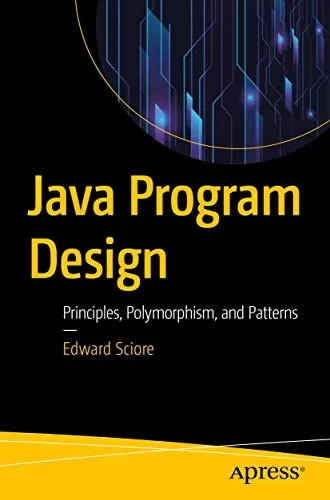
Java Program Design: Principles, Polymorphism, and Patterns
Category
Author
Publication
Apress
0 View
'
From the Back Cover
Get a grounding in polymorphism and other fundamental aspects of object-oriented program design and implementation, and learn a subset of design patterns that any practicing Java professional simply must know in todays job climate.
Java Program Design presents program design principles to help practicing programmers up their game and remain relevant in the face of changing trends and an evolving language. The book enhances the traditional design patterns with Java's new functional programming features, such as functional interfaces and lambda expressions. The result is a fresh treatment of design patterns that expands their power and applicability, and reflects current best practice.
The book examines some well-designed classes from the Java class library, using them to illustrate the various object-oriented principles and patterns under discussion. Not only does this approach provide good, practical examples, but you will learn useful library classes you might not otherwise know about.
The design of a simplified banking program is introduced in chapter 1 in a non-object-oriented incarnation and the example is carried through all chapters. You can see the object orientation develop as various design principles are progressively applied throughout the book to produce a refined, fully object-oriented version of the program in the final chapter.
What You'll Learn:
--This text refers to the paperback edition.
Java Program Design presents program design principles to help practicing programmers up their game and remain relevant in the face of changing trends and an evolving language. The book enhances the traditional design patterns with Java's new functional programming features, such as functional interfaces and lambda expressions. The result is a fresh treatment of design patterns that expands their power and applicability, and reflects current best practice.
The book examines some well-designed classes from the Java class library, using them to illustrate the various object-oriented principles and patterns under discussion. Not only does this approach provide good, practical examples, but you will learn useful library classes you might not otherwise know about.
The design of a simplified banking program is introduced in chapter 1 in a non-object-oriented incarnation and the example is carried through all chapters. You can see the object orientation develop as various design principles are progressively applied throughout the book to produce a refined, fully object-oriented version of the program in the final chapter.
What You'll Learn:
- Create well-designed programs, and identify and improve poorly-designed ones
- Build a professional-level understanding of polymorphism and its use in Java interfaces and class hierarchies
- Apply classic design patterns to Java programming problems while respecting the modern features of the Java language
- Take advantage of classes from the Java library to facilitate the implementation of design patterns in your programs
--This text refers to the paperback edition.
About the Author
Edward Sciore is a recently retired Associate Professor at Boston College, who gleefully taught computer science to college students for over 35 years. This book is the result of his experiences teaching courses on Java programming, object-oriented design, and software engineering. Edward is author of Understanding Oracle APEX 5 Application Development (Apress, 2015) and Database Design and Implementation (Wiley, 2008).
--This text refers to the paperback edition.Similar Books
Other Authors' Books
Other Publishing Books
User Reviews
Rating
average 0






